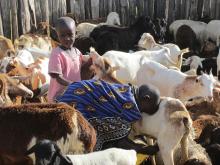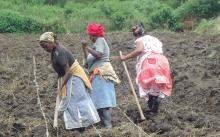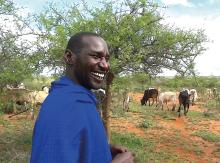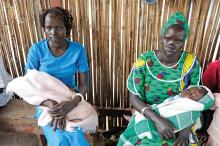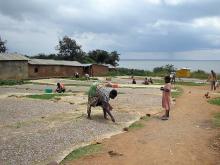Land Library
Bienvenido a la biblioteca de Land Portal. Explora nuestra amplia colección de recursos de acceso abierto (más de 74.000), que incluye informes, artículos de revistas científicas, trabajos de investigación, publicaciones revisadas por pares, documentos jurídicos, vídeos y mucho más.
/ library resources
Showing items 1 through 9 of 45.Agricultural development has moved up the agenda. Today it has not only to reduce poverty and hunger, but also become environmentally sustainable and climate smart. Disputes over agricultural policies are highly visible, but consensus exists on fundamentals for growth.
The basic role for agricultural policies consists of providing the core investments and services that farmers need to develop their operations into viable farm businesses.
The 2013 OECD publication "Better Policies for Development" emphasises that building global food security requires a cross-cutting approach to policy coherence for development.
Increasing prices for agricultural commodities offer a historic opportunity to intensify production systems for small-scale farmers in many developing countries.
Farmer organisations play a crucial role in the development of rural areas. But how influential are they when it comes to defining national policies? What can they achieve, and where are their limits? Our authors demonstrate this with regard to the small farmer organisations in South Africa.
Farmer organisations that deal with policy and advocacy need a lot of specific skills. Exchange programmes with their counterparts in the North can help local farmer organisation in the Souht tap their potential.
The Future Agricultures Consortium was established in 2005 with support from the UK Department for International Development (DFID) as a learning alliance of leading African and UK-based research organisations.
In 1978, the rural reform began in China, and since then farmers, including the poor ones, have benefited from a steady growth in income and gradually strengthened food security.
Policy-makers often lack information and analytical capacity to effectively monitor how policies impact on different stakeholders. The MAFAP initiative of the Food and Agriculture Organization seeks to bridge this gap.


